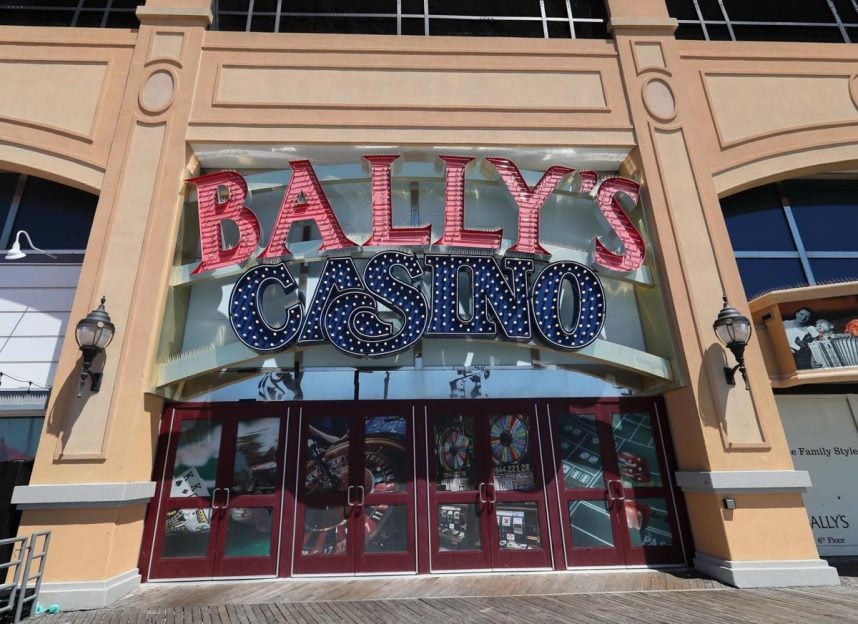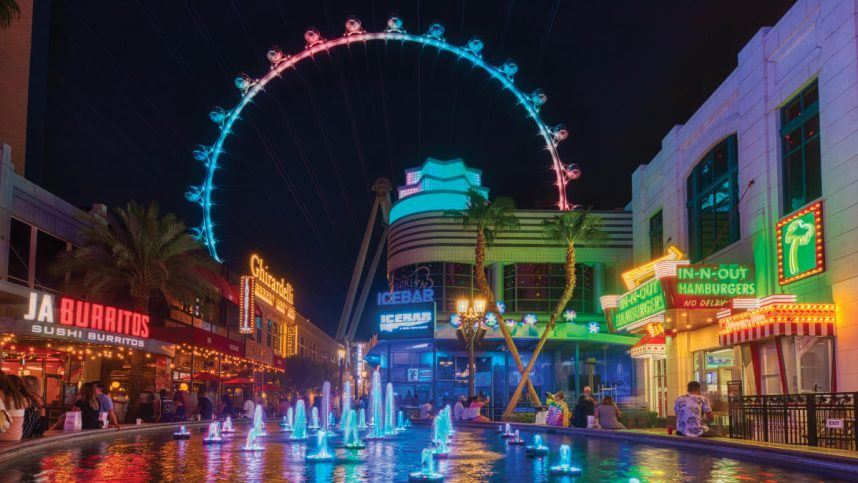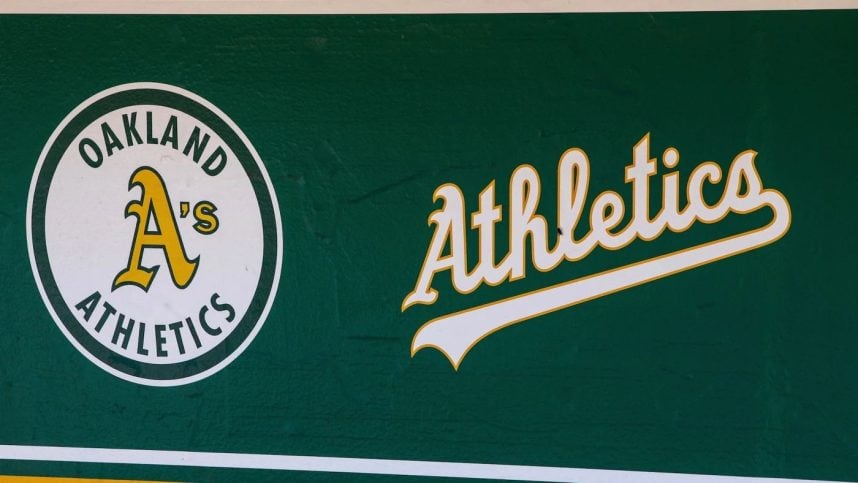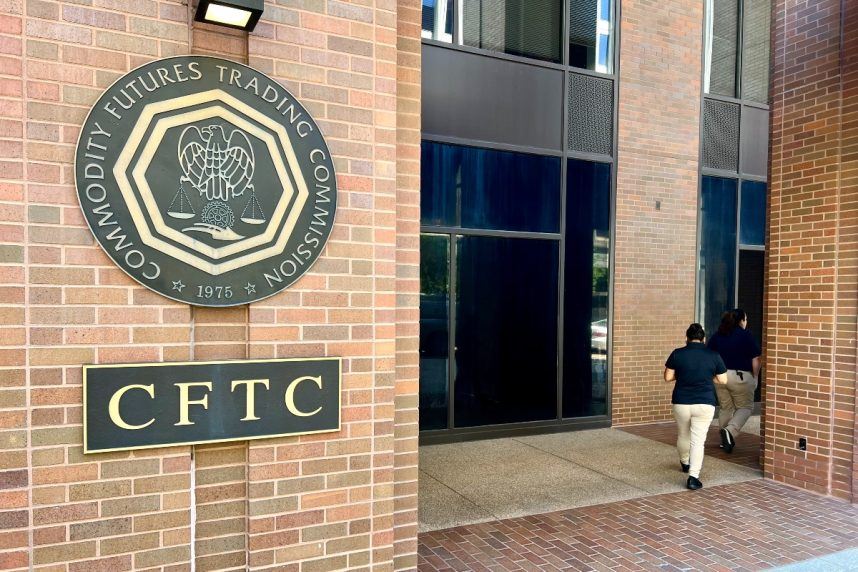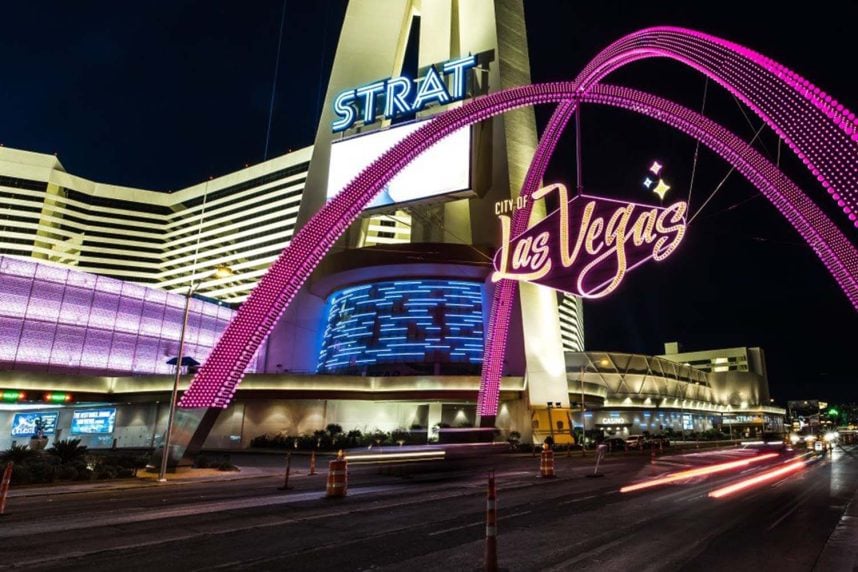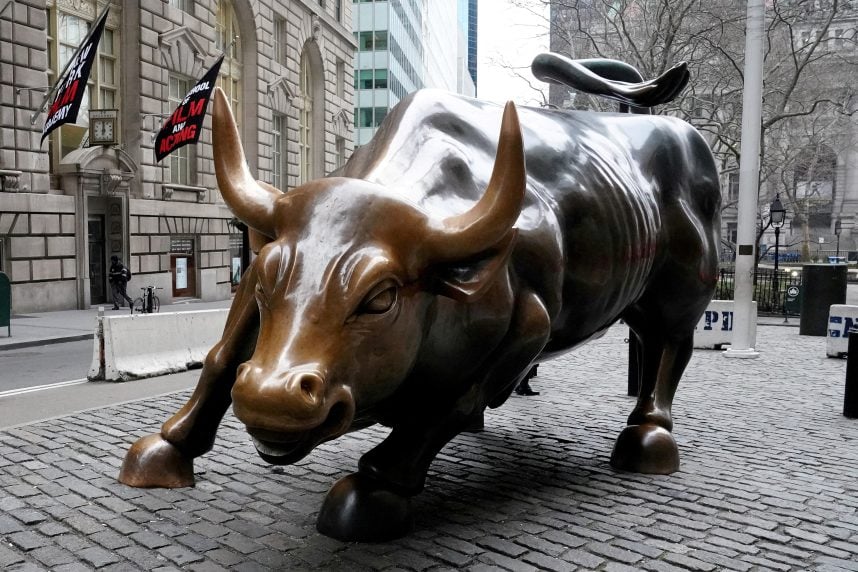Shares of Golden Entertainment (NASDAQ: GDEN) rose on Friday after executives hinted they’re examining avenues for monetizing the casino operator’s real estate assets.
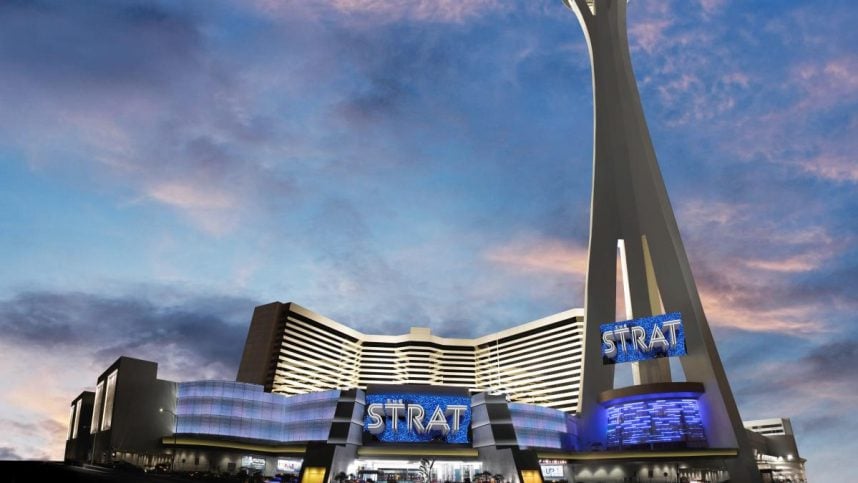
The comments were made on a conference following the company’s third-quarter earnings report. Acknowledging that Golden shares trade at deeply discounted multiples relative to peers, CEO Blake Sartini said the operator won’t sit idle on the strategic review front. It appears as though the company would be a more likely seller of assets than buyer because management noted compelling acquisitions opportunities are hard to come by in the current environment.
CFO Charles Protell said Golden is evaluating the math pertaining to its real estate. Currently, the Las Vegas-based gaming company owns all of the real estate on which its eight casino hotels reside. Three of those venues are located in Las Vegas with another trio in Pahrump, Nevada and two more in Laughlin.
Protell did not comment on whether a sale of some or all of Golden’s property assets is imminent.
Golden Entertainment Real Estate Has Ample Value
Last month, speculation surfaced that Golden could consider monetizing some of its property holdings as an avenue for creating shareholder value. The earnings call was the first time executives publicly mentioned examination of its real estate.
On last night’s call, we believe GDEN was the most transparent it has ever been, and it does not intend to remain idle from a corporate strategic standpoint should shares remain near current valuation levels,” observed B. Riley analyst David Bain. “GDEN suggested a ‘high bar’ for acquisitions given its valuation and suggested it is in ‘active mode,’ reviewing the math around the value of its own real estate.”
The analyst noted that should Golden pursue an asset-light model and divest its land assets, the stock could “conservatively” be worth $42 a share — well above the roughly $32 area at which it trades today. By selling real estate, Golden would create long-term liabilities because it would have rent obligations via sale-leaseback deals, but it’d also significantly bolster its cash on hand position and that capital could be used for other value-generating opportunities.
In terms of property value, The Strat is the crown jewel in the Golden portfolio. Located near the Las Vegas Strip, that venue could fetch a significant percentage of Golden’s $871.25 million market capitalization in a potential sale.
Golden Stock Too Cheap
Bain argued that owing to Golden’s Nevada-only footprint and the state’s status as the marquee gaming market in the US, shares of the Arizona Charlie’s operator should not be so deeply discounted relative to peers.
The analyst said Nevada sets the stage for Golden to grow earnings before interest, taxes, depreciation, and amortization (EBITDA) and management is showing investors its sees value in the stock by repurchasing shares.
“NV assets that set the stage for intermediate to longer-term peer growth outperformance. Further, GDEN is poised for 15% q/q 4Q24E EBITDA growth and 7%+ y/y EBITDA growth next year (with upside),” he concluded. “Net leverage is ~2x (under-levered) and outside its over 3% dividend yield, GDEN increased its repurchase authorization $100M to $131M total, and made clear it will continue to buy back its stock.”
The post Golden Entertainment Hints at Real Estate Sales appeared first on Casino.org.


